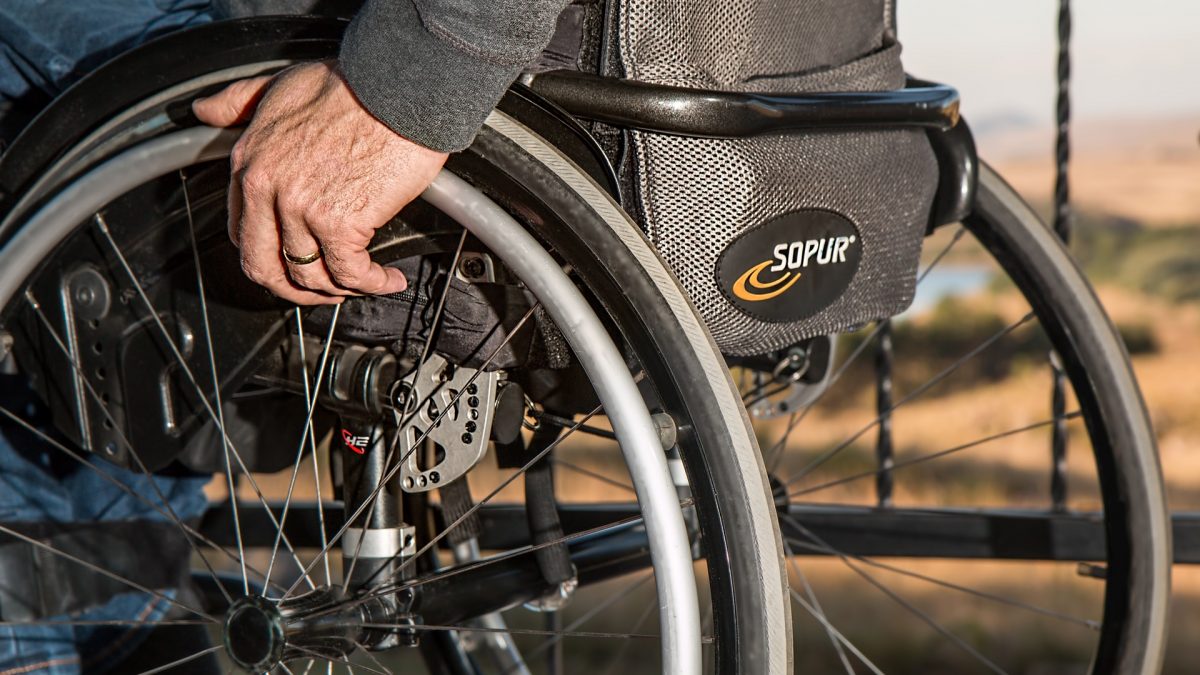
Why It’s Difficult to Be a Truck Accident Lawyer
May 1, 2021
Commercial Awareness Update – W/C 3rd May 2021
May 6, 2021A hernia occurs when fatty tissues or part of an organ protrude through the wall of a muscle or tissue that contains it, commonly in the abdomen and the groin area. The common signs of hernia include a lump or swelling that disappears when you’re laying down, but protrudes more when you bend down or cough. It may also come with pain and discomfort.
Hernias that don’t go away on their own often require surgery, where a mesh is placed over the opening where the hernia protrudes from. The mesh used in hernia repair surgeries is either absorbable or non-absorbable, both of which come in different materials.
However, although the use of mesh was indeed helpful in preventing hernias from recurring, there have also been too many reports of hernia mesh complications, which eventually led to lawsuits. These hernia mesh lawsuits were commonly filed against manufacturers, especially when it’s suspected that the mesh used was defective.
Common Complications From Hernia Mesh Implants
These are the most common complications that may lead to a lawsuit:
- Mesh migration
- Adhesions
- Intestinal blockage
- Organ perforation
- Infection
- Chronic pain
- Seromas
- Hernia recurrence
- Mesh erosion
But to get a more in-depth understanding of this particular case, here’s a short introduction to hernia mesh lawsuits that you should read about.
What Are The Qualifications For Hernia Mesh Lawsuits?
You can file a hernia mesh lawsuit if the following eligibility requirements are present:
- The original hernia repair surgery involving a mesh implant occurred on or after January 1, 2006.
- Serious injuries and infections from the mesh occurred more than 30 days after the date of the original surgery.
- Additional surgery has been performed or is scheduled because of complications
What Are The Additional Grounds?
In addition to the qualifications listed above, you may also file a hernia mesh lawsuit based on the following grounds:
- Defective design: Flaws in design that may be seen from the mesh’s blueprint, which manufacturers may already know but chose to conceal. Defective mesh design is classed as inherently dangerous.
- Manufacturing defect: Arising from poor material construction, usually because the workers cut corners or deviated from the intended design and materials. Mesh defect is one of the most common issues that have been known to have resulted in numerous Hernia Mesh Lawsuit settlements.
- Improper label: Product labels that fail to include warnings about the risks or dangers of the mesh and what to do to avoid them. This is easier to prove as you’ll just have to show the packaging of the mesh used, which should show that the instructions didn’t include warnings.
- Medical malpractice by the assigned doctor: When the mesh used is of standard quality but the doctor either made mistakes during the surgery or used the wrong type or size of mesh.
What Are The Specific Damages You Can Claim?
Typically, patients who have sustained complications caused by hernia mesh implants are eligible to claim both economic and non-economic compensation for the injuries. Thus, if you file a hernia mesh lawsuit, you may be compensated for the following damages:
- Economic damages: Damages with a value that’s easy to determine. These can include medical bills, lost wages, and other miscellaneous out-of-pocket expenses such as travel costs incurred for medical appointments. Moreover, when it comes to economic damages, there’s no cap involved, which means that the sum of the damages is the total amount of the compensation you’re entitled to.
- Non-economic damages: These are more complicated to calculate since there’s no value attached to them. It usually includes pain and suffering, emotional or mental anguish, loss of enjoyment, loss of consortium, and many more.
How Can You Preserve The Mesh For The Lawsuit?
When filing a hernia mesh lawsuit in court, the preservation of the mesh in question as the main evidence is your key to the success of the case. This is especially true if your ground for the lawsuit is a defective mesh. Here are a few things you can do to preserve the hernia mesh that you’ll use as evidence:
- Before the removal, it’s a good idea to consult a lawyer first to make sure you won’t be missing anything, especially when your state has specific rules or limitations that may apply.
- Look for a reliable medical specimen storage company that can handle hernia mesh specimens.
- Arrange the surgical removal process with a doctor you can trust.
- Make sure that the lab that’ll conduct the tests to examine the specimen are aware that the mesh will be used as evidence, so they can take steps to preserve it during the examination and avoid damages.
Wrapping Up
As with any legal case, dealing with a hernia mesh lawsuit can be an overwhelming experience. But if you can hire a good lawyer that you can trust, you’ll be able to navigate the situation without much hassle. Having a lawyer by your side will also help you understand what to expect from the lawsuit right from the beginning.





